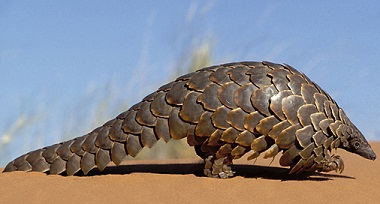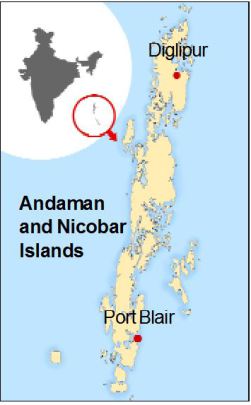7667766266
enquiry@shankarias.in
Pangolin

CITES
New rail line in Andaman and Nicobar Islands

The Blue Carbon Initiative